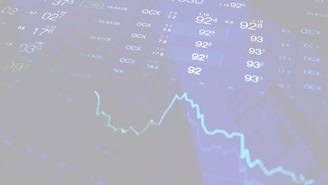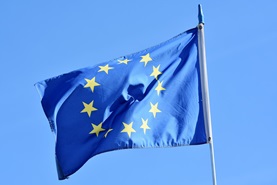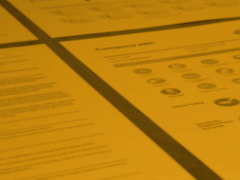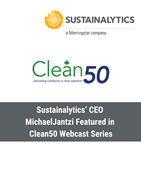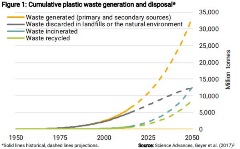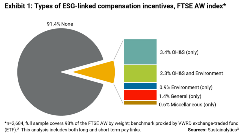EU Sustainable Finance Action Plan: Final Taxonomy Report Published and Other Developments
The highly anticipated final report by the TEG (Technical Expert Group) on the EU Taxonomy was published in early March, followed by a stakeholder information session. You can read our blog post on last fall’s developments here.
Coal Investments: Up in Smoke?
Growing public concern over climate change is pushing investors to increasingly assess how their portfolios are pivoting to a low carbon economy. Because of its large carbon footprint, the coal industry is a prime target of environmental activism and divestment campaigns, and it is becoming the investable hot potato few want to hold.
German Corporate Governance Standards Overhauled
The legal and regulatory foundations of Germany’s corporate governance system are being overhauled in the form of far-reaching changes to the German Stock Corporations Act (AktG) and the German Corporate Governance Code (Kodex). As a result, institutional investors should expect enhanced transparency from German issuers, as well as stronger rights enabling them to effectively exercise their stewardship responsibilities. The reform reflects both the transposition of the EU Shareholder Rights Directive II (SRD II) into domestic law and a corresponding Kodex revamp, both aiming to incorporate governance features that are more typically associated with Anglophone jurisdictions.
The ESG Risk Ratings: Exploring the Internet Software and Services Subindustry
In the second installment of our ESG Risk Ratings white paper series, we assess the unmanaged ESG risk of 42 Internet Software and Services (ISS) companies. In addition, the report offers a comprehensive ESG risk analysis of the subindustry and concludes with a case study of Facebook.
10 for 2019: Systemic Risks Loom Large
In 10 for 2019: Systemic Risks Loom Large, we offer a forward-looking view of significant ESG issues that could affect global investment portfolios in 2019. Applying Sustainalytics’ ESG Risk Ratings framework, we identify a selection of subindustries with high levels of unmanaged risk and profile 10 firms with leading ESG management practices and low levels of unmanaged ESG risk.
EU Action Plan Guidance Document
The proposed Taxonomy is a classification tool to help investors and companies make informed investment decisions on environmentally friendly economic activities. It is a list of economic activities, which defines performance criteria for six environmental objectives.
The ESG Risk Ratings: Potential Applications for Investors
With our third ESG Risk Ratings white paper, we explore how investors could potentially apply the ESG Risk Ratings to their investment processes. Below are some key takeaways from the white paper. To learn more, register for our regional webinar using the buttons at the bottom of the page.
Sustainalytics’ CEO Michael Jantzi Featured in Clean50 Webcast Series
We are excited to share that Sustainalytic’s CEO Michael Jantzi, participated in a clean finance podcast hosted by Canada Clean50 as part of their #CleanReset initiative. In the company of fellow leading clean finance experts, the dialogue is an insightful overview of how Canada’s current position on ESG regulation may impact financial sustainability for large Canadian corporations.
Sustainalytics' Feeding the Future Engagement
Food production is a leading contributor to global GHG emissions, deforestation, water stress and biodiversity loss, and the sector is increasingly under scrutiny to mitigate its environmental footprint. A failure to manage related impacts and adapt to changing consumer trends could result in material business risks or missing out on opportunities. Land and forest investments could become stranded assets. Sustainalytics will also provide a preview of its new thematic engagement, Feeding the Future.
Access to Nutrition Index 2016
Since the launch of the first Index, recognition of the human and economic consequences of poor nutrition has increased. Globally one in three people are now either undernourished, overweight or obese. Over the last 35 years obesity has more than doubled and has now reached epidemic proportions. Over the next 10 years, malnutrition is set to continue to increase.
The State of Pay: Executive Remuneration & ESG Metrics
With investors increasingly incorporating ESG considerations into their investment decisions, many are looking into how corporate leadership may be incentivized to pursue an ESG agenda. This report offers insights to global equity investors considering pay-links as a topic for corporate engagement.
Investor Guidance on Integrating Children’s Rights into Investment Decision Making
Sustainalytics in collaboration with UNICEF, The United Nations Children’s Fund, has published a new report titled, Investor Guidance on Integrating Children’s Rights into Investment Decision-Making. The guidance offers investors a practical toolkit on how to incorporate children’s rights into investment analysis and engagement activities.




